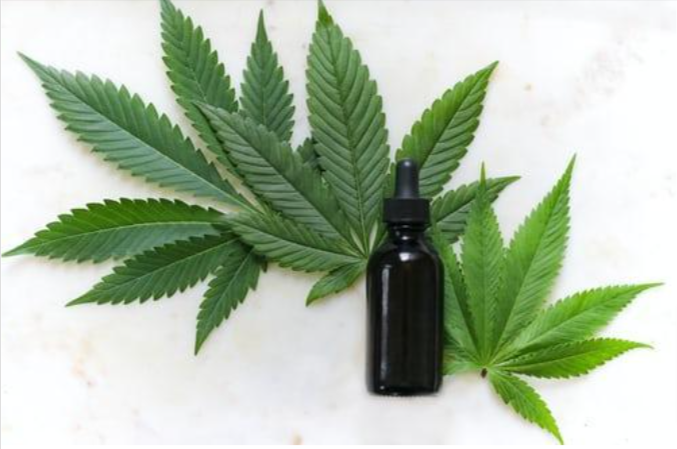CBD has been studied extensively as a treatment for various types of pain and inflammation. A recent study found that high doses of CBD significantly reduced joint inflammation in osteoarthritic rats. The substance also had neuroprotective effects and decreased the number of leukocytes near the joint site. This result explains how CBD reduces pain and inflammation. If you’re looking for something more potent, grow Strawberry Cough Seeds home and you’ll have a stash of seriously relaxing buds to enjoy.
But what exactly is CBD? And what are its benefits? Let’s explore the evidence below.
CBD is used to reduce the pain of people with chronic pain
Its anti-inflammatory properties may help patients with moderate to severe pain. Despite its potential side effects, it is still important to note that patients who use CBD are significantly less likely to develop side effects than those who take a placebo. And because it affects the endocannabinoid system, it may even be effective in people with milder cases of chronic pain.
Reduces inflammation
CBD inhibits the action of enzymes involved in the transmission of pain, such as the peroxisome proliferator-activated receptor gamma (PPAR-gamma). Moreover, CBD also inhibits a subset of alternative LOXs involved in the production of inflammatory factors from arachidonic acid. IC50 values for LOX15 and LOX5 have been determined to be around 25,000 and 35,000 nM, respectively. CBD is also a potent stimulator of COX1 and COX2 receptors, with an IC50 of ten milligrams.
Arthritis is a debilitating disease characterized by swelling, stiffness, and decreased range of motion. It affects more than 50 million Americans and 300,000 children. The Arthritis Foundation surveyed people with arthritis and found that 29% of sufferers use CBD to treat their symptoms. CBD has long been used as an alternative to ibuprofen for chronic inflammation pain.
CBD has been found to decrease the effects of paclitaxel, a drug known to cause peripheral neuropathy in humans. The drug CBD also inhibits the development of peripheral neuropathy in mice. Moreover, a combination of CBD with D9-THC enhanced the effect of each drug when given alone. Additionally, CBD and D9-THC reduced the incidence of cisplatin-induced neuropathy in mice.
Several studies have shown that CBD has analgesic effects in animal models of various diseases, including rheumatoid arthritis and neuropathic pain. In a mouse model of neuropathic pain, CBD reduced mechanical and thermal allodynia. Similarly, CBD reduced the incidence of pain following a surgical incision and decreased hyperalgesia. Moreover, CBD inhibits the activity of morphine-induced antinociception.
Reduces pain
Researchers have found that CBD significantly reduces pain in animals. The drug works by blocking the GPR55 receptor, a molecule crucial for inflammation. Using CBD may reduce inflammation by acting as a desensitizing agent on the receptor. CBD has also been found to be effective against arthritis, which is characterized by inflammation of the joints. A recent study published in the Journal of Experimental Medicine found that CBD reduces chronic pain in rats.
The study also found that CBD gel was effective without causing any side effects.
The neurotransmitter serotonin is responsible for our mood. It is known to have an anti-depressant effect and improve our overall well-being. In addition, CBD has been shown to decrease pain by activating the 5-HT(1A) receptors in the brain. This is important because this receptor regulates the release of neurotransmitters. Furthermore, CBD also affects the function of the vanilloid receptor, which plays a critical role in pain processing. It is also linked to anti-inflammatory effects.
Takeaways
Unlike traditional medicines, CBD is not addictive. More than half of the CBD users in the U.S. use it to treat a medical condition, and the top two most common were arthritis and chronic pain. These chronic pain-related conditions include migraine, cancer, muscle pain, and fibromyalgia. So, there’s no reason to worry if CBD will work for you. Check out the sativa vs indica chart. Take it and find out for yourself.
Inflammation and oxidative stress are known to be contributing factors to many chronic diseases. While inflammation is a normal physiological process, too much of it can hurt the body. Therefore, it is important to address inflammation with anti-inflammatory agents. Research shows that CBD helps decrease chronic inflammation. By reducing inflammation, it helps reduce pain and even decreases the risk of anxiety and depression. CBD is considered safe for general consumption, but further studies are needed to confirm its effect.








